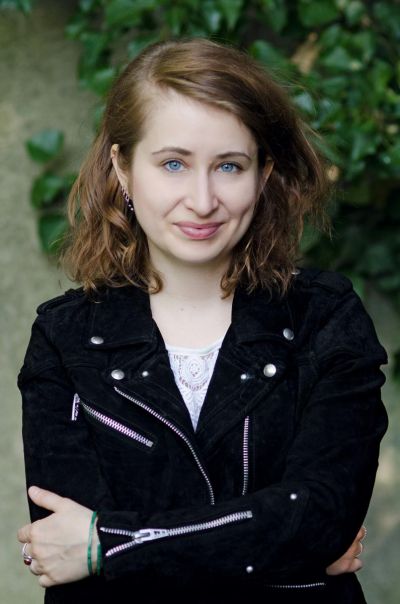Matthias Nawrat

In 2009, Matthias Nawrat moved to Switzerland and began a degree at the Literature Institute in Biel. He published his first novel in 2012 with the Swiss publishing house ”Nagel & Kimche” entitled “Wir zwei allein”. The novel was about Benz, a strange young man who had broken off his studies, was delivering vegetables in Freiburg and fell in love with the fairy-like Theres. A critique in the Neue Züricher Zeitung attests to Nawrat having all the qualities necessary for a good author and praises his character development, dialogues and clever handling of different narrative levels. A review in the Frankfurter Allgemeine Zeitung sees the book predominantly as a “declaration of love for the Black Forest” in the tradition of romantic nature worship.
In the same year, at the invitation of Hildegard Keller, Matthias Nawrat took part in the 36th Festival of German Literature and won the Kelag Prize with an extract from his next project. The whole novel was published by Rowohlt in 2014 under the title “Unternehmer”. It is about the 13-year-old Lipa, who searches for reusable materials in the ruins of civilisation. The review in the Süddeutsche Zeitung talked of an outstanding novel about home and coming-of-age, the reviewer in the FAZ particularly praised the power of suggestion of the language. At the same time, it is noticeable that Nawrat changes his style from book to book. For example, in his picaresque novel “Die vielen Tode unseres Opas Jurek”, which was published in 2015, he adopts a tone which is quite different to that in his poetic dystopian predecessor. And “Der traurige Gast” (Rowohlt 2019) and “Reise nach Main” (Rowohlt 2021) also show new sides to the unusually prolific author.
On this, Nawrat says: “In the past, I really enjoyed playing with language. I thought that the poetic can be found in interaction with the linguistic form. Today, I’m more likely to find poetry in the real world and no longer in parallel worlds which have a very noticeable linguistic shift and are quirky.” For the future, Nawrat plans to adopt a distanced narrative mindset: less personal, more scientifically objective. He has just finished a volume of poems with the working title “Gebete für meine Vorfahren”, is writing a literary diary and regularly writes Essays. Nawrat does not know whether he will tackle a novel again any time soon. “A subject matter has to convince me that it can be told in this silly novel form. I would then take it on again, but reluctantly.”
As well as the outsider stories, the author’s themes include the relationship of humans to the “final things” in religion and the impacts of German and Russian colonial endeavours in Eastern and Southern Europe. But that does not make Nawrat a Zeitgeist author. “As an author, you have to find your own country”, he says. “It has its own laws. I’m not really interested in anyone who dabbles in current debates too much.”

